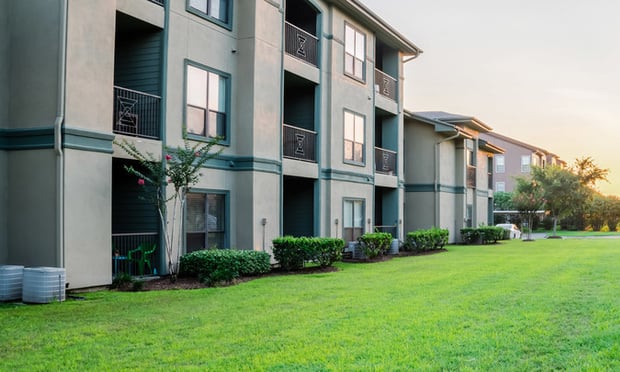DALLAS-As the economy continues its dubious climb, commercial real estate owners continue to find themselves facing issues ranging from maturing debt with little hope of refinancing to outright foreclosure. While this scenario is bad enough for the landlords, it can also have a dire impact on tenants who are leasing space, or are considering renewals, in these assets.
Though there are owners out there who are well-capitalized and can continue operations as usual, there are just as many out there who are facing default or foreclosure. Experts tell GlobeSt.com that knowledge is power for the tenants if they hope to avoid getting burned by potential distressed asset issues.
“More so today than ever before--except perhaps during the 1990s when the RTC stuff was going on--the tenant needs to know who the landlord is and the capital structure of the building,” says Jeff Ellerman, vice chairman with CB Richard Ellis’ Dallas office.
Randy Cooper, vice chairman of brokerage services for Cassidy Turley’s Dallas office agrees, pointing out that the tenant benefits by getting a bead on the particular loan on the asset. This is not for the faint-of-heart, however.
“Many times, the loan of a particular asset is bundled into such a large pool, you have to become a loan detective and piece together information,” Cooper notes. With knowledge about the loan in hand, “tenants can understand the position of the landlord,” Cooper explains.
One problem, says Colliers International vice president Phil Rosenfeld, is that tenants, more often than not, are unaware of whether the buildings they’re leasing belong to owners who might not be able to meet their financial obligations. When they do find out, it might be too late to do anything about it.
“From the tenants’ perspective, they’ll find out about problems pretty quickly when they begin to negotiate with landlords on renewals or initial leases,” says Rosenfeld, who operates out of the company’s Dallas office. “At that point, when they find out the landlord doesn’t have money to give, that’s a sure red flag that something is wrong.” Ellerman adds other warning signs: Namely if building operations and services have declined or if owners are balky about delivering TI dollars, something is definitely wrong.
Cooper says tenants shouldn’t bolt from buildings that might be facing foreclosure or other problems. “That would eliminate a lot of good buildings out there,” he says. Rather, he continues, the tenant needs to develop a strong team, complete with broker and real estate attorney, to help take the necessary steps to get a deal made.
Rosenfeld adds that if a tenant is considering a distressed asset either for initial lease or renewal, the tenant has to have an understanding of the foreclosure process, “what’s going to happen with the bank and what will happen when new owners take possession.”
Ellerman says it’s not impossible for a tenant to make a deal with a landlord with a distressed asset--it just takes a lot more work and a lot more time. “It takes getting with the lender, getting with the special servicer and, in a lot of these buildings, with the legal counsel,” he explains. Doing so is not optimal, he continues, but if a tenant wants to renew in a particular building, or finds a building in a location to its liking, taking the space there may be the only option, warts and all.
It could also be an option that takes longer than what might be expected, especially if special servicers are involved in the process. Because of this, tenants need to build plenty of time into their schedules for lease negotiations and renewals.
“We hear stories that it can take months for a special servicer to respond in these situations,” Cooper notes. It isn’t because special servicers are bad guys, he continues. Rather, “they’re so overwhelmed with work, it’s hard to get their attention,” he says.
“We had a deal in which the lease was ready to sign last September, but it took another five months to get the lender and special servicer to approve it,” Ellerman adds. “Until they did it, we didn’t have a deal. This was something that ordinarily would have taken a week to complete.”
Want to continue reading?
Become a Free ALM Digital Reader.
Once you are an ALM Digital Member, you’ll receive:
- Breaking commercial real estate news and analysis, on-site and via our newsletters and custom alerts
- Educational webcasts, white papers, and ebooks from industry thought leaders
- Critical coverage of the property casualty insurance and financial advisory markets on our other ALM sites, PropertyCasualty360 and ThinkAdvisor
Already have an account? Sign In Now
*May exclude premium content© 2024 ALM Global, LLC, All Rights Reserved. Request academic re-use from www.copyright.com. All other uses, submit a request to [email protected]. For more information visit Asset & Logo Licensing.








